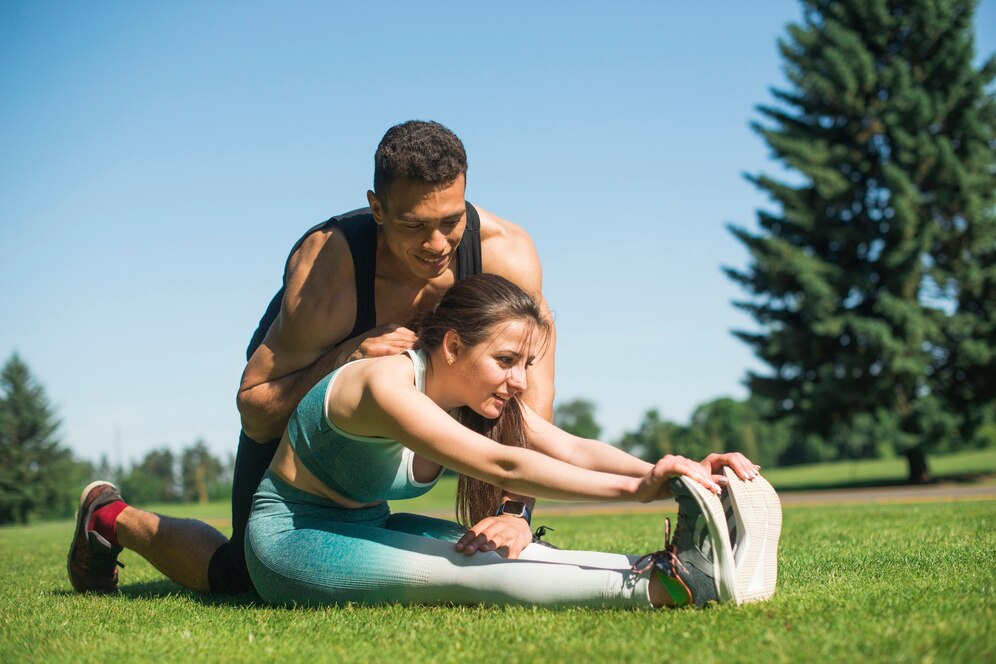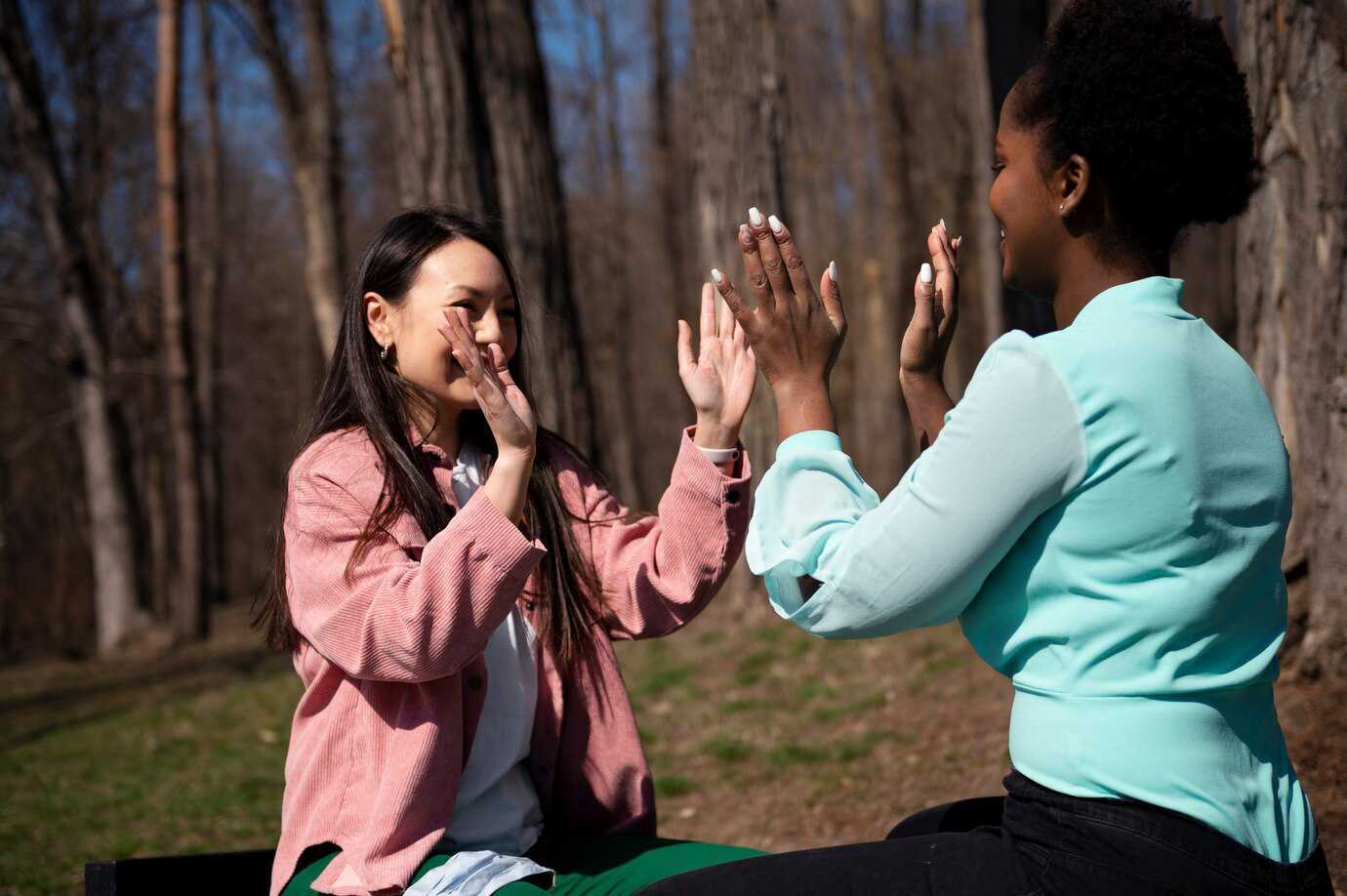
How to Incorporate Mindfulness into Your Daily Routine
In today’s fast-paced world, finding spiritual balance amidst the chaos can often feel like an insurmountable task. However, incorporating mindfulness into your daily routine can be a transformative step towards achieving a more centred and peaceful existence. This blog will guide you through the process of integrating mindfulness practice into your everyday life, offering practical tips and insights to help you nurture your spiritual wellness.
Why Mindfulness Matters
Mindfulness is more than just a trendy buzzword; it’s a powerful tool for enhancing your overall well-being. At its core, mindfulness practice involves paying attention to the present moment without judgment. This simple yet profound shift in awareness can lead to many benefits, including reduced stress, improved focus, and a greater sense of spiritual wellness.
Incorporating mindfulness into your daily routine can help you cultivate a deeper connection with yourself and the world around you. By fostering a heightened awareness of your thoughts, emotions, and physical sensations, you can develop a more compassionate and accepting mindset. This, in turn, can lead to improved relationships, increased resilience, and a greater sense of fulfilment in your everyday life.
The Benefits of Mindfulness Practice
Mental Health Benefits
One of the most significant benefits of mindfulness practice is its ability to reduce stress and anxiety. By focusing on the present moment, you can break free from the cycle of worry and rumination that often fuels these conditions. Additionally, mindfulness can improve your emotional regulation, helping you respond to challenging situations with greater clarity and composure.
Mindfulness has also been shown to enhance cognitive function, including attention, memory, and problem-solving skills. By training your mind to stay focused on the present, you can improve your ability to concentrate and retain information, making you more effective in both personal and professional settings.
Physical Health Benefits

In addition to its mental health benefits, mindfulness practice can also have a positive impact on your physical well-being. Regular mindfulness meditation has been linked to lower blood pressure, improved sleep quality, and a stronger immune system. By reducing stress and promoting relaxation, mindfulness can help your body function more efficiently and effectively.
Furthermore, mindfulness can encourage healthier lifestyle choices. By fostering greater awareness of your body’s needs and signals, you may find it easier to make choices that support your overall health and well-being, such as eating a balanced diet, exercising regularly, and getting enough rest.
Establishing a Mindfulness Routine
Creating a Daily Mindfulness Habit
Developing a mindfulness routine requires consistency and intention. Small, conscious efforts throughout the day can help cultivate a more mindful lifestyle. Some simple ways to introduce mindfulness into daily life include:
- Morning Reflection: Start the day with deep breaths, setting an intention for mindfulness.
- Mindful Breathing: Take slow, intentional breaths during moments of stress or transition.
- Gratitude Practice: Reflect on positive aspects of life to shift focus toward appreciation.
- Mindful Eating: Pay attention to the taste, texture, and aroma of food, savouring each bite.
- Evening Relaxation: Engage in calming activities like meditation or journaling before bed.
Meditation Techniques for Spiritual Balance
Understanding Meditation
Meditation is a fundamental component of mindfulness practice. It enhances spiritual balance by promoting inner peace, reducing stress, and fostering self-awareness. Different meditation techniques cater to individual preferences and lifestyles.
Effective Meditation Techniques
- Focused Breathing Meditation: Concentrate on deep, rhythmic breaths to anchor the mind and enhance relaxation.
- Body Scan Meditation: Bring awareness to each part of the body, releasing tension and promoting relaxation.
- Loving-Kindness Meditation: Cultivate compassion by directing positive thoughts and well-wishes to oneself and others.
- Guided Visualization: Use mental imagery to create a peaceful and calming experience.
- Walking Meditation: Engage in slow, intentional walking while focusing on each step and breath.
Common Mistakes to Avoid
- Making Sure the Expectations Are Not Too High: Do not put a lot of pressure on yourself to get results or to be perfect. Keep in mind that mindfulness is an ongoing practice, and results can take time to be noticeable.
- Evaluating Your Experience: It is normal for your attention to drift away from your mindfulness practice. If you become distracted, don’t be hard on yourself. Simply guide your attention back to the here and now.
Advanced Insights & Expert Recommendations
Mindfulness Retreats
A mindfulness retreat allows you to go deep into your practice. You get to discover insights and create skillsets. Seek out retreats that explore a range of meditation methods and offer expert guidance.
Mindfulness Journaling

It’s helpful to reflect upon your practice using a mindfulness journal. It also allows you to monitor your progress over time. Participate in the discussion by writing in your journal or jotting down your thoughts and insights as well as any difficulties you are facing.
Mindful Movement
Incorporate mindful movement practices, such as yoga or tai chi, into your routine. These practices can boost your body awareness. They also help you find spiritual balance.
Conclusion: Embrace the Journey
Incorporating mindfulness into your daily routine is a powerful way to enhance your spiritual wellness and cultivate a greater sense of balance and fulfilment. Follow the steps in this blog. You’ll build a mindfulness practice that is both sustainable and rewarding. It will enrich your life.
Remember, mindfulness is a journey, not a destination. Embrace the process with patience, curiosity, and an open heart. As you continue to explore and deepen your practice, you’ll discover new layers of awareness and insight that can transform your life in meaningful ways.
So, take a deep breath, set your intention, and begin your mindfulness journey today. The path to spiritual balance and well-being is within your reach, and the rewards are well worth the effort.


